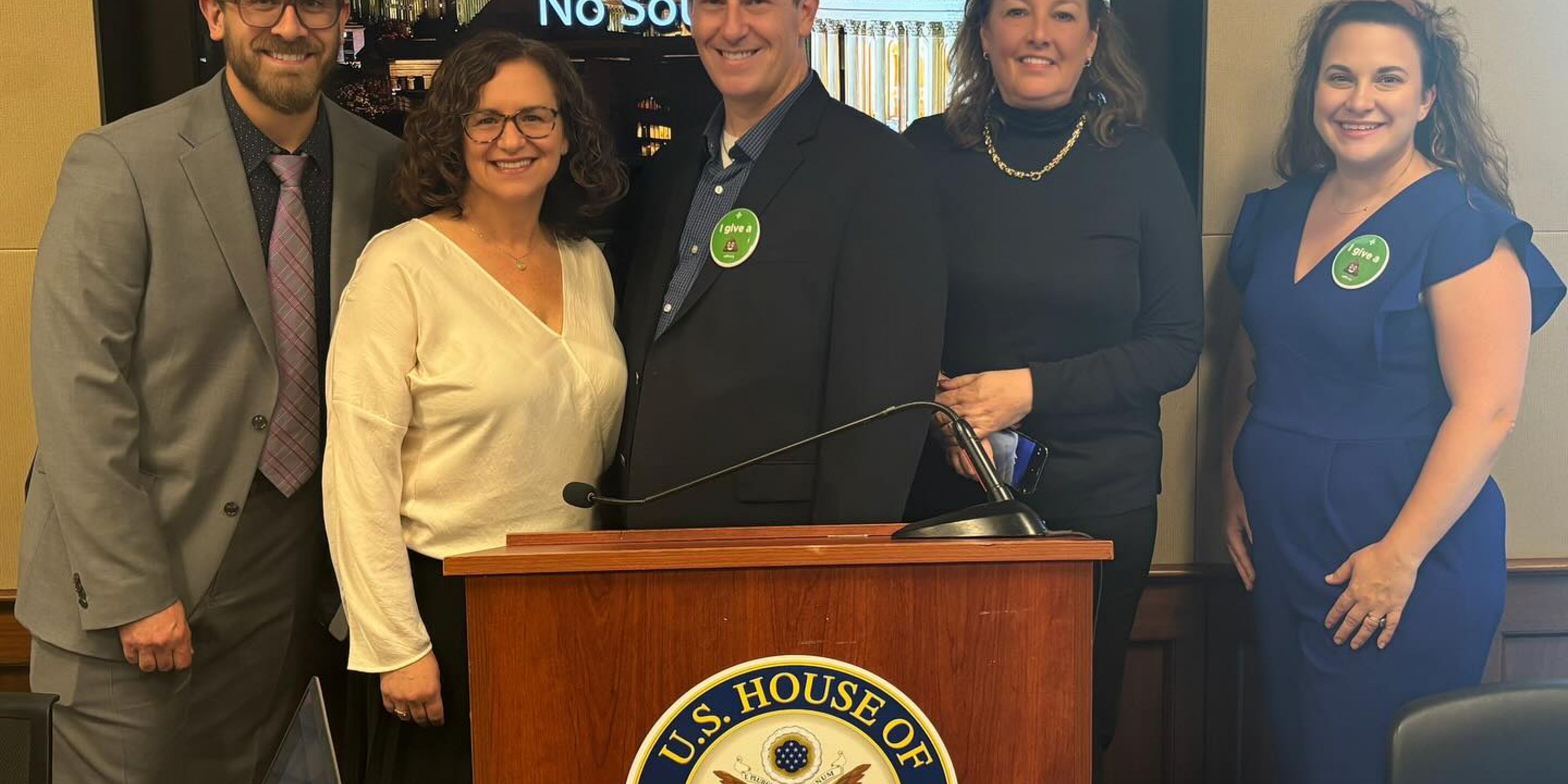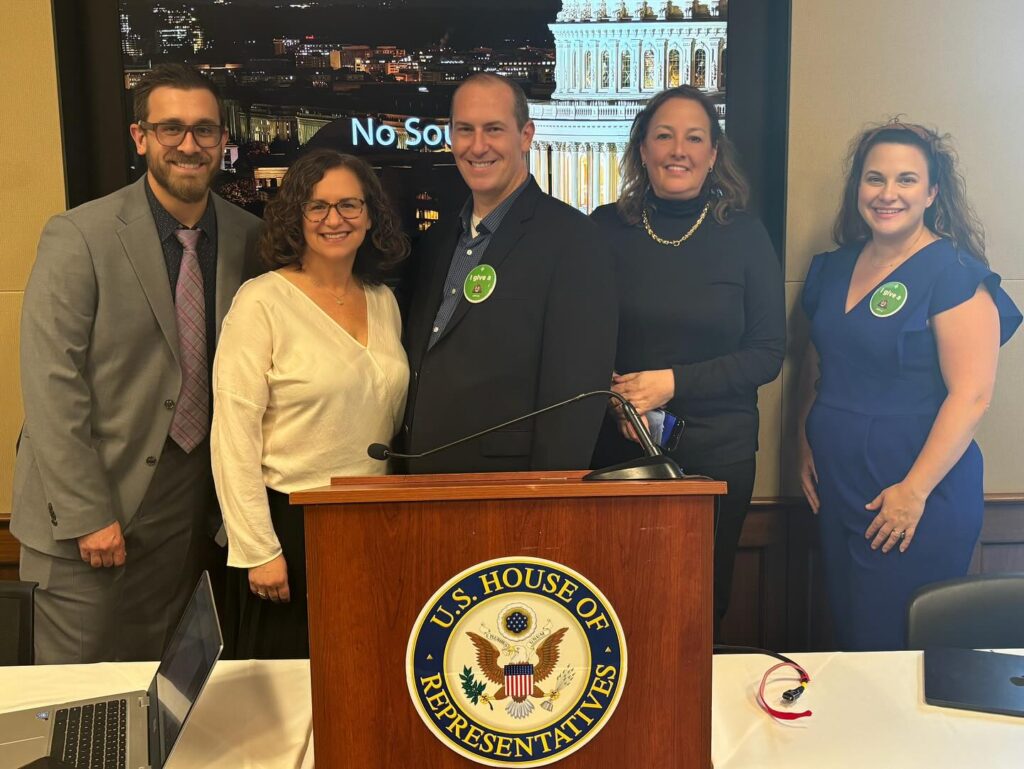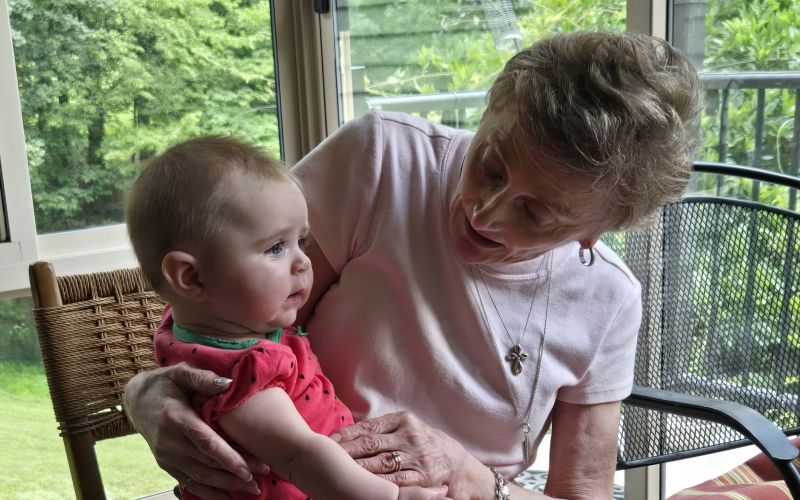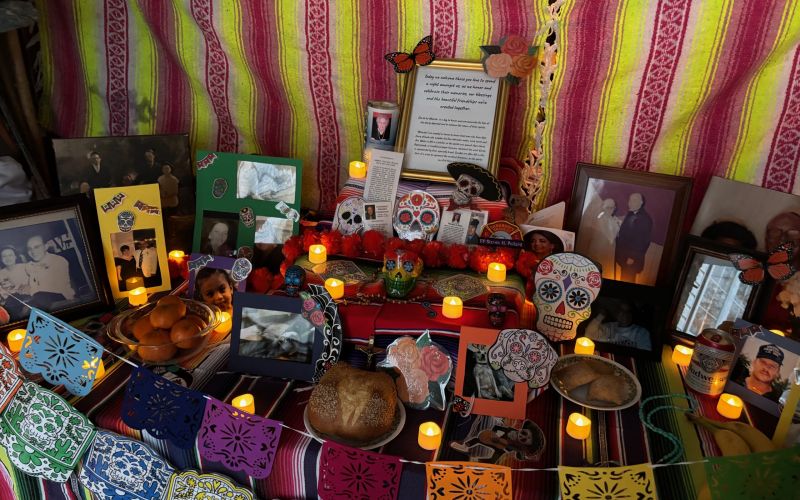A Successful Congressional Briefing for H.R. 9098: The Peggy Lillis C. difficile Inclusion Act

Other Categories
On Friday, September 20, 2024, the Peggy Lillis Foundation hosted a congressional briefing to discuss H.R. 9098, the “Peggy Lillis C. difficile Inclusion Act.” The briefing featured 4 notable speakers: Christian John Lillis, CEO and co-founder of Peggy Lillis Foundation; Maryann Webb, Peggy Lillis Foundation board member and advocate; Dr. Stacy Kahn, Director, FMT and Microbial Therapeutics Program, Attending Physician, Inflammatory Bowel Disease Center, Boston Children’s Hospital; and Shawn Depcinski, PharmD, Medical Science Liaison at ThermoFisher Scientific. The session aimed to raise awareness about Clostridioides difficile (C. diff) infections and the critical need for this legislation to address the public health threat it poses.
The Public Health Crisis of C. diff
C. diff infections are a significant public health concern in the United States, affecting approximately 500,000 individuals annually, including around 20,000 children. The infection is particularly deadly, contributing to 29,000 deaths each year. Every year, an estimated 500,000 Americans, including 20,000 children, contract C. diff infections, and 29,000 die from them.
One in every 5 people infected experience recurrent infections, which can significantly impair a person’s quality of life both physically and emotionally. While the elderly and people with compromised immune systems are at increased risk for C. diff infections, the primary risk factor is current or recent use of antibiotics. One in 11 people over the age of 65 infected with C. diff die within 30 days. C. diff is the most common healthcare-associated infection (HAI), representing 17% of all HAIs.
The Peggy Lillis C. difficile Inclusion Act
While cases of healthcare-associated C. diff infections have declined in recent years, rates of community-associated infections have risen to 53%, more patients are experiencing recurrent infections, and the severity and risk of sepsis and mortality of C. diff cases have increased. Currently, the Centers for Medicare & Medicaid Services (CMS) policy requires that select hospitals collect data on CDI. However, the growing number of community cases remain unreported. C. diff is one of 5 pathogens designated as an “urgent threat” to public health in CDC’s 2019 Antibiotic Resistant Threats Report. Among those five pathogens, it has the highest attributable healthcare costs, at $1 billion a year, and the second-highest number of cases and mortalities. It is one of only two out of those five urgent threats not included in the Nationally Notifiable Diseases Surveillance System (NNDSS).
On July 23, Congresswoman Yvette Clarke (D-NY) introduced H.R. 9098 also known as the “Peggy Lillis C. difficile Inclusion Act.” Now we are urging members of Congress to co-sponsor this legislation to require C. diff infections be added to the list of conditions monitored in the NNDSS. The program recognizes disease outbreaks, tracks the spread of disease, and helps state and local health departments better control disease. Collecting C. diff infection data will assist CDC, public health professionals, and clinicians improve antibiotic use and stewardship, infection control, and healthcare facility cleaning and disinfection–methods proven to reduce CDI and improve health outcomes.
A Call to Action
Christian John Lillis spoke about the tragic loss of his mother, Peggy Lillis, and how shocked his family was to learn that her death would not be reported to anyone. “The grief was overwhelming, not just for our family but for my mother’s students and our community.” He also offered an overview of the impact of C. diff infections and the purpose of the Peggy Lillis C. difficile Inclusion Act and the importance of making C. diff a nationally notifiable disease.
Maryann Webb spoke passionately about her three-year battle with C. diff. She shared that before her diagnosis, Maryann had not heard of C. diff. Worse, many doctors she encountered were not well informed about C. diff, leading her to receive suboptimal care. Maryann finally got her health and life back through a fecal microbiota transplant. “I woke up and felt like a new person,” she shared about the life-changing procedure.
Dr. Stacy Kahn provided an overview of C. diff infections, epidemiology, complexity of diagnosis, and the limited variety of treatment options. Dr. Kahn also spoke about the incidence of C. diff infections in children, including the lack of approved treatments for pediatric patients with recurrent C. diff. She has seen first hand just how devastating C. diff can be for the most vulnerable patients.
Dr. Shawn Depcinski spoke passionately about C. diff infections and the urgent need for effective strategies to combat this disease. He shared a personal connection to this cause, recounting his grandmother’s struggle with recurrent C. diff infections. Dr. Depcinski discussed the potential of Procalcitonin (PCT) testing to guide antibiotic use and reduce the risk of C. diff infections, emphasizing that inappropriate and excessive antibiotic use is a huge risk factor for C. diff.

Next Steps for H.R. 9098
The briefing underscored the pressing need for the Peggy Lillis C. difficile Inclusion Act, highlighting the severe impact of C. diff infections on individuals and the healthcare system at large. By prioritizing data collection and reporting, this legislation aims to pave the way for improved public health responses, better patient outcomes, and, ultimately, a reduction in the burden of C. diff infections nationwide. Attendees were encouraged to take action by advocating for the bill and becoming co-sponsors. Learn more about the Peggy Lillis C. difficile Inclusion Act and urge your representative to co-sponsor the bill here.
We would like to extend our thanks to CISAP for their support and ThermoFisher Scientific for underwriting the briefing through an unrestricted educational grant.




Leave a Reply